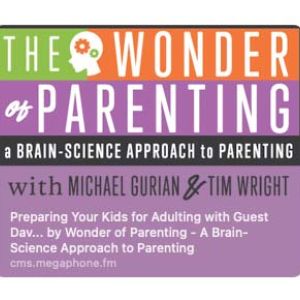Efficacy of hypnosis in treating eating disorders
Eating disorders are complex and involve a variety of behaviors. The most common eating disorders are binge eating disorder, followed by bulimia nervosa and anorexia nervosa. Symptoms commonly associated with eating disorders are food restriction, binging, purging, low self-esteem, poor body image, drive for thinness, a history of trauma, anxiety and depression.
Despite the fact that of people diagnosed with schizophrenia nearly 50% will attempt suicide, it is those diagnosed with eating disorders that have the highest mortality rate of all mental health disorders. This is a result of a high risk of suicide and the physical complications cause by malnutrition. The health risks include: organ failure, heart attacks, gastric rupture, inflammation and possible esophagus rupture, peptic ulcers and sever dehydration.
Currently, there is not enough conclusive evidence to support the use of hypnotherapy as the treatment of choice for eating disorders. However, there is significant research showing the effectiveness in using hypnosis to help resolve many of the underlying issues.
Hypnosis has significant research showing beneficial results in reducing stress, anxiety, improving self-worth, insomnia, treating trauma. Therefore, hypnosis can be a valuable adjunct therapy to add to standard treatment modalities for eating disorders.
References
http://www.eatingdisordershope.com
http://www.ericksoninstitute.com
http://www.mirror-mirror.org/hypnotherapy-and-eating-disorders.htm
https://www.nationaleatingdisorders.org/
Penn State Hershey Milton S Hershey Medical Center website April, 2015




